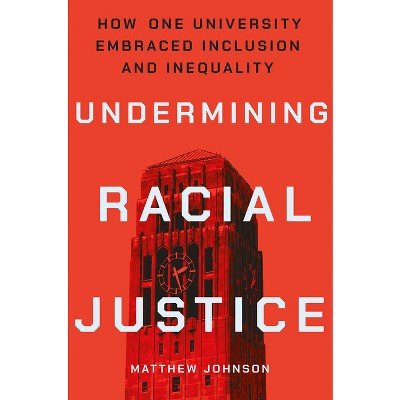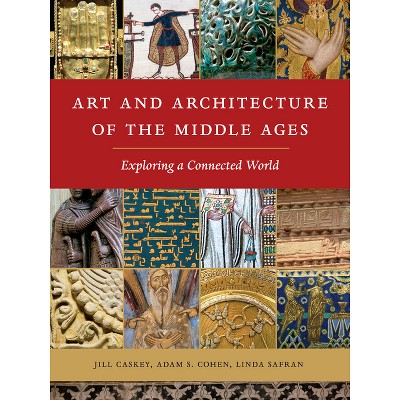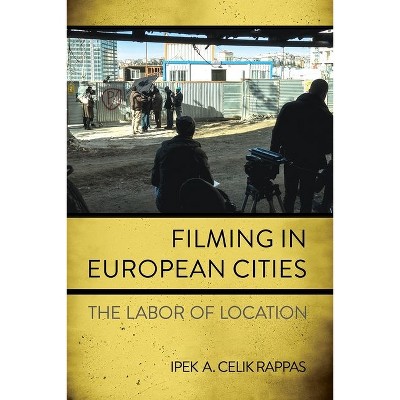Sponsored

Campus Counterspaces - by Micere Keels Paperback
In Stock
Sponsored
About this item
Highlights
- Frustrated with the flood of news articles and opinion pieces that were skeptical of minority students' "imagined" campus microaggressions, Micere Keels, a professor of comparative human development, set out to provide a detailed account of how racial-ethnic identity structures Black and Latinx students' college transition experiences.Tracking a cohort of more than five hundred Black and Latinx students since they enrolled at five historically white colleges and universities in the fall of 2013 Campus Counterspaces finds that these students were not asking to be protected from new ideas.
- About the Author: Micere Keels is Associate Professor in Comparative Human Development at the University of Chicago.
- 240 Pages
- Education, Higher
Description
About the Book
"A detailed account of how racial-ethnic identity structures Black and Latinx students' college transition experiences"--Book Synopsis
Frustrated with the flood of news articles and opinion pieces that were skeptical of minority students' "imagined" campus microaggressions, Micere Keels, a professor of comparative human development, set out to provide a detailed account of how racial-ethnic identity structures Black and Latinx students' college transition experiences.
Tracking a cohort of more than five hundred Black and Latinx students since they enrolled at five historically white colleges and universities in the fall of 2013 Campus Counterspaces finds that these students were not asking to be protected from new ideas. Instead, they relished exposure to new ideas, wanted to be intellectually challenged, and wanted to grow. However, Keels argues, they were asking for access to counterspaces--safe spaces that enable radical growth. They wanted counterspaces where they could go beyond basic conversations about whether racism and discrimination still exist. They wanted time in counterspaces with likeminded others where they could simultaneously validate and challenge stereotypical representations of their marginalized identities and develop new counter narratives of those identities.
In this critique of how universities have responded to the challenges these students face, Keels offers a way forward that goes beyond making diversity statements to taking diversity actions.
Review Quotes
Through her exploration of counterspaces specifically in the context of Black and Latinx student experiences, Keels offers realistic steps that practitioners can implement both within historically White institutions and across them. Within Keels' framework, there is incredible potential for discussions on how colleges might re-examine current diversity policies and practices in the face of current social unrest across American institutions.
-- "Journal of Higher Education Policy and Management"About the Author
Micere Keels is Associate Professor in Comparative Human Development at the University of Chicago. She is also the founding director of the Trauma Responsive Educational Practices project.
Shipping details
Return details
Trending Non-Fiction

















